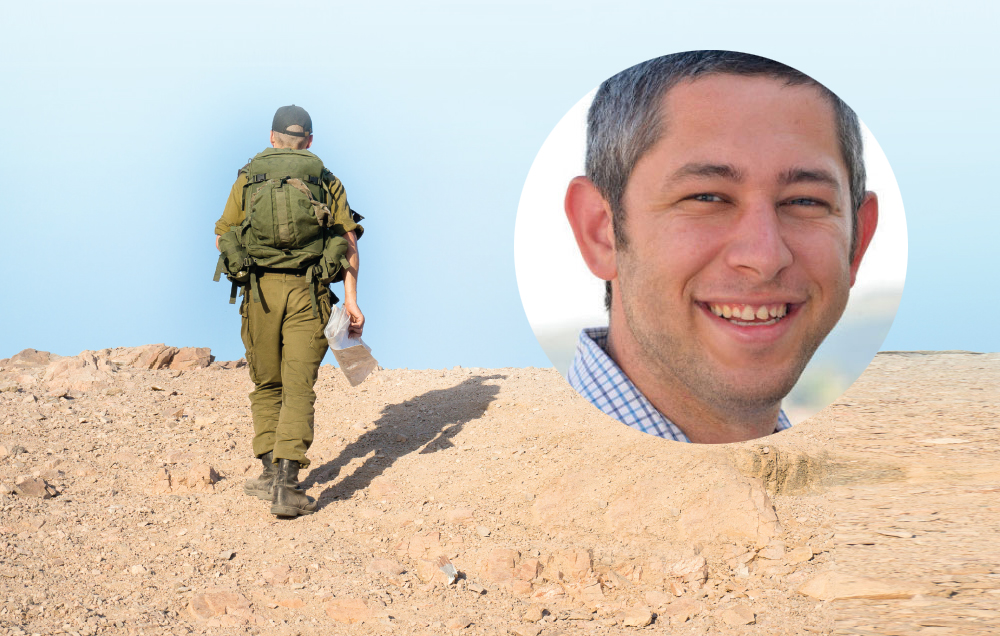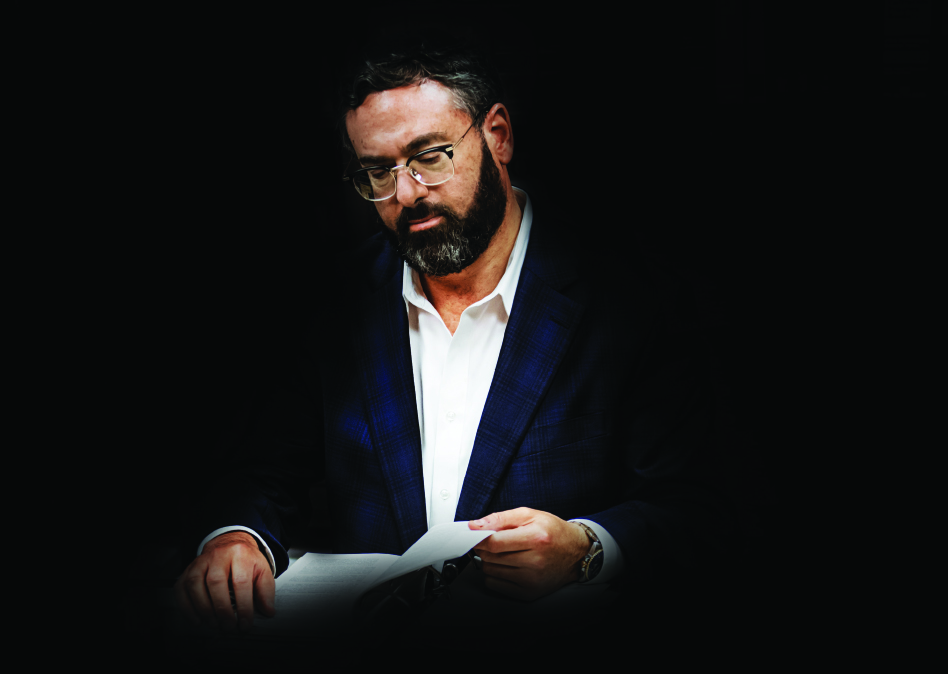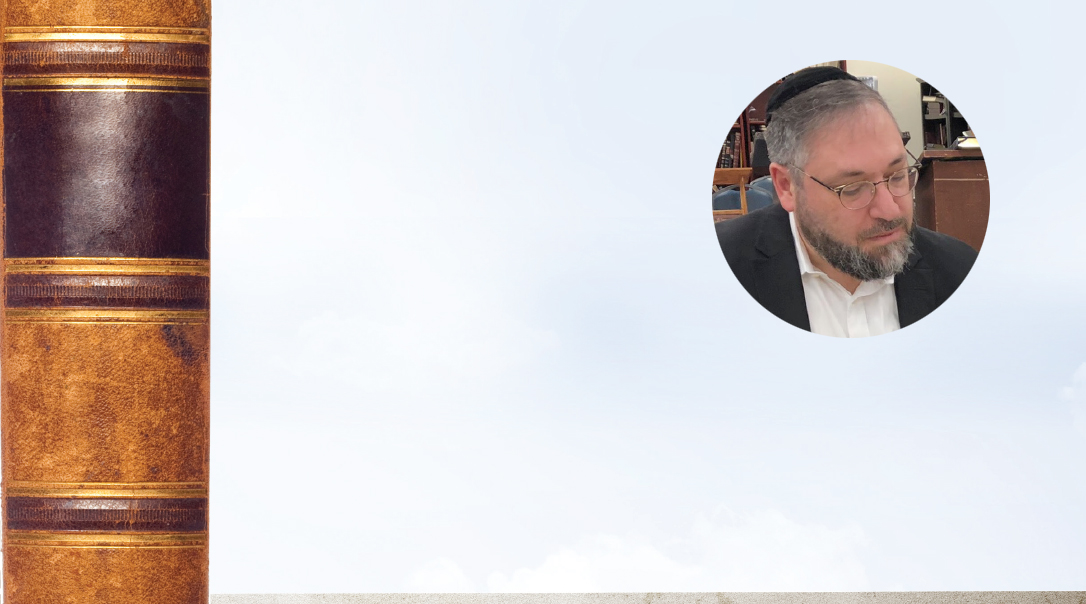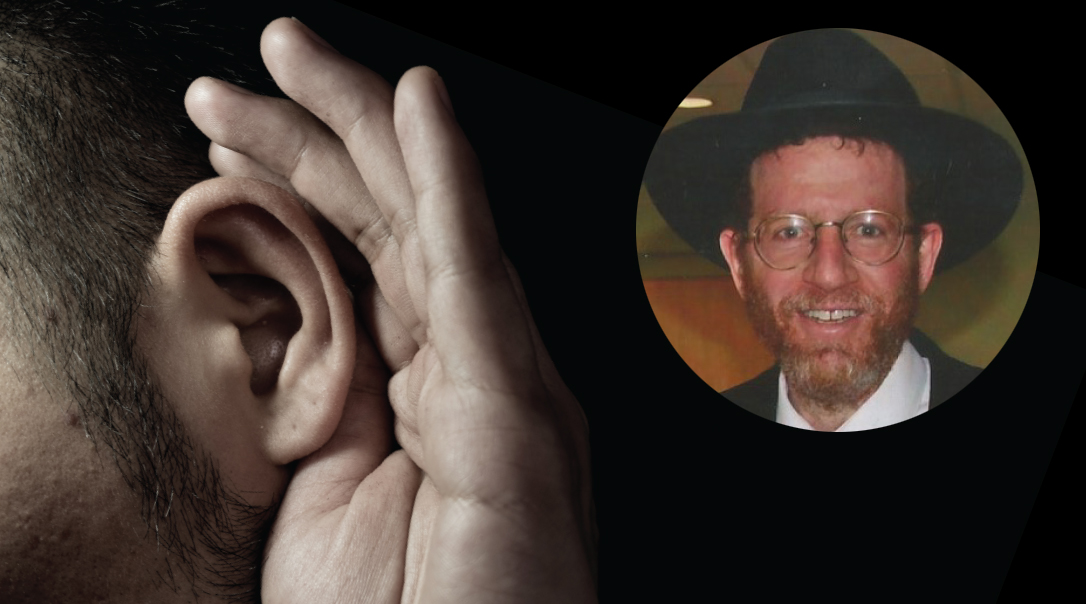My Life Raft
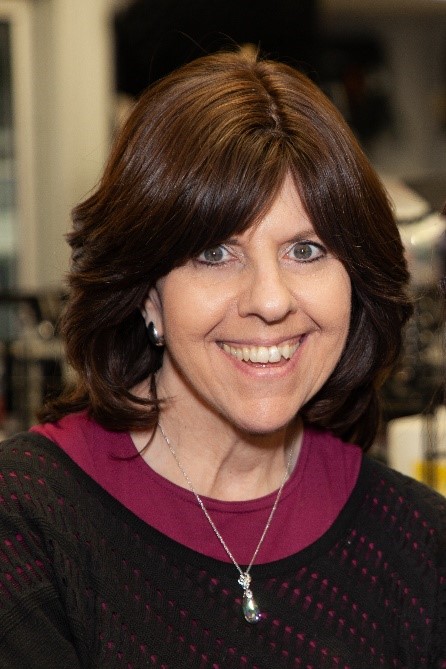
The Time I Almost Gave Up Daf Yomi
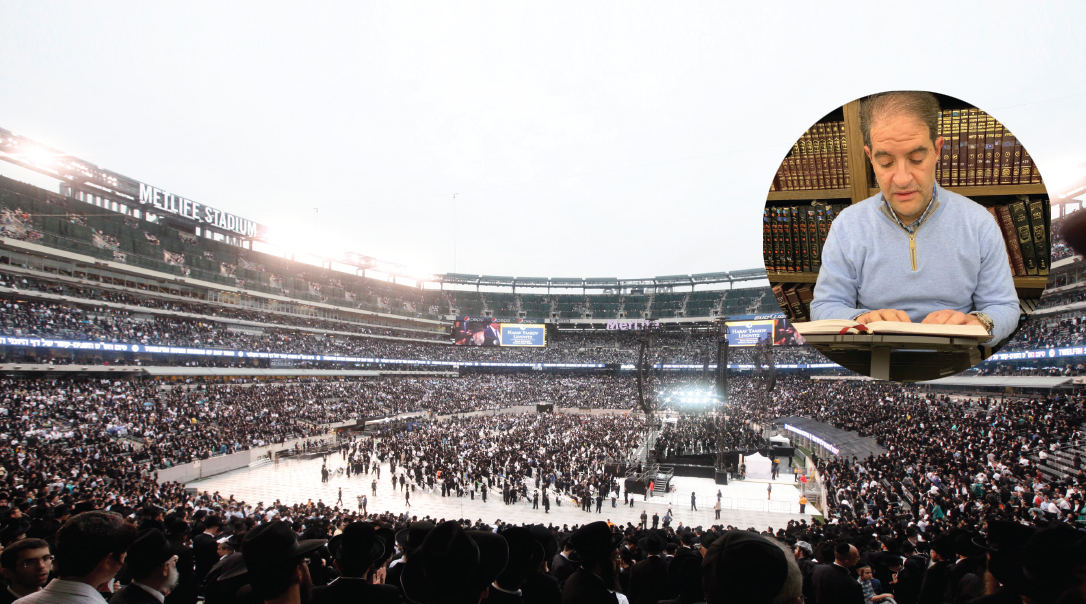
As told to Margie Pensak by Daniel Gibber
O
n the surface, I had my Judaism in perfect order. I grew up fully shomer Shabbos on the Upper West Side of Manhattan; went to Manhattan Day School, Yeshiva University’s MTA high school, Yeshivat Shalavim in Israel and then Yeshiva University. I could check off every box, was fully frum — but I wasn’t connected in a serious way to learning or davening.
I’m sure my grandparents would have expected better. My maternal grandfather, a Holocaust survivor, was a major talmid chacham who probably went through Shas ten times during his long life. He would get up every morning at 4 a.m., until the age of 101, to learn daf yomi. My paternal grandfather, Isadore Gibber, was a noted Torah supporter who had no yeshivah background and lived in Monticello, not exactly a center of Torah learning. For most of his life, he wasn’t immersed in learning — but then, after retiring at age 80, he started learning daf yomi. He spent many, many hours every single day going through the daf and trying to understand it; it became his project. Some days, he spent as many as six to ten hours toiling over that day’s daf until he understood it. If he had trouble, he’d call one of my cousins to explain it to him. At age 88, he finished the entire cycle and the whole family made a catered siyum haShas. Some even flew in for the event.
But even though I had a solid religious background and personal role models among my own family, once I got out of college and started a job, the challenges of the workplace and of growing a family made it very easy to drift away from learning and a serious connection to Torah. For many years, my main learning consisted of occasionally opening up a sefer to help one of my boys prepare for a test.
Then, seven and a half years ago, I received tickets for the Siyum Hashas at Metlife Stadium. From my father I had learned that it was important to participate in the Siyum Hashas, even if you don’t personally learn daf yomi. And there at the Siyum HaShas, Rabbi Yissocher Frand got up to speak, and everything changed. He essentially spoke about the fact that anything in life that has great importance needs a plan. If you’re building a house, you need a blueprint. If you’re starting a business, you need a business plan. If you don’t have a plan, then you don’t consider it important.
Rabbi Frand quoted a Gemara that says there is a bas kol, a heavenly voice, that lingers inside everybody’s mind every day; it asks us what we are doing to have a better connection to HaKadosh Baruch Hu. Then, Rabbi Frand shouted in that dramatic way that only he can muster, “Today we must respond and today we must leave here with a plan! If you never learned the daf yomi, then tomorrow is the day to start. If this is your second or third time finishing Shas, you must ask yourself, ‘How am I going to do better the next time around?’ Maybe go to a shiur iyun once a week on the sugya of the daf. Maybe learn the daf in the morning and go to a shiur chazarah at night. Maybe be so bold as to take tests on the daf. And, if you can’t learn a daf a day, then make it an amud a day. Or a daf of Mishnah Berurah a day. Or a mishnah a day. But, something a day! We must respond to that bas kol that we can no longer ignore and leave here with a plan.”
At that time in my life, I was probably feeling a little more disconnected than I would have liked to – not particularly inspired, not where I wanted to be in ruchniyus. When Rabbi Frand said those lines I thought to myself, “If I’m sitting here thinking why am I not having a better connection to HaKadosh Baruch Hu, and Rabbi Frand is here saying, ‘You have to do something a day!’ — then, to be honest, I literally do nothing a day. If you do nothing a day and are not investing in it, how are you going to have any meaningful results out of it?”
I think that in life Hashem sends us moments of inspiration at different junctures. The key is to grab those moments and use them to make real, positive changes in our life.
The next day, I decided to try daf yomi. I had tried it several times in the past and never gotten more than a couple weeks into it. This time, I made it through Maseches Berachos and felt really good about it; I was learning it on my own at that time. Then, I got busy with a lot of things, like my oldest son’s bar mitzvah. The next thing I know, I woke up one day and realized that it had been a few weeks since I had learned the daf. For the next six months or so, it was pretty sporadic. I was learning a few blatt, missing a few blatt, on and off.
By springtime, more than a year had passed since the Siyum Hashas, and I realized that I might as well give up daf yomi; it just didn’t seem realistic for me. At a family bas mitzvah, I approached my uncle, Rabbi Aharon Gibber. Uncle Aharon is my father’s brother and a respected maggid shiur. He’s probably the last person I would have approached to confess that I just wasn’t succeeding in learning — but for some reason, I found myself having a heart-to-heart conversation with him about my failure.
“You can’t give this up, Daniel,” Uncle Aharon said. “You made this commitment, and you have to make it happen. But you can’t do it yourself. You need to find a daily daf yomi shiur. That will keep you on track, you’ll see.”
That talk with Uncle Aharon was the second turning point for me. And his advice was on target. I looked around Teaneck for a daf yomi shiur and decided to try the 5:30 a.m. shiur in my shul. I didn’t think it would be overly realistic to commit to an evening shiur, since I had little kids and I traveled a lot. When I saw that my shul, Bnai Yeshurun, had a daf yomi shiur at 5:30 a.m., I made my decision to try to go to the earliest, most far-fetched shiur out there.
I found that daf yomi became a major inspiration for me, a big part of my day. No matter what is going on in your life — whatever challenges and frustrations and types of distractions you are facing — you can always count on that hour every day when you open up the Gemara and just bury yourself in the learning.
But for me, daf yomi was more than that. It became a stepping stone, a foundation. When I started the shiur, I was not going to minyan regularly during the week, as I should have been. The daf yomi shiur led me to daven at the 6:30 a.m. Shacharis that followed. I started seeing guys there, my age, saying Kaddish, and thought to myself, “Why does somebody have to wait, G-d forbid, to go to shul until the day that they have to say Kaddish? Let me try going to Minchah and Maariv every day to daven with a minyan.”
From there, I started to grow in learning and to learn other things, have other chavrusas, and get more serious about tefillah b’tzibbur during the week. Daf yomi became not an endgame, but a launching pad to get more serious and connected to Yiddishkeit, in general.
In hindsight, I see that Hashem had a plan. He put me in the right places to hear the right messages at the right time, and daf yomi was a domino effect that changed me in a very deep way.
Life pulls you in many directions, as we all know, and unless a person has a solid, meaningful connection to Torah or Yiddishkeit, it is very easy to drift away. Daf yomi is that quintessential lifesaving plank in the ocean that can keep us afloat and bring meaning to life.
(Originally featured in 'One Day Closer', Special Supplement, Chanuka/Siyum HaShas 5780)
Oops! We could not locate your form.






